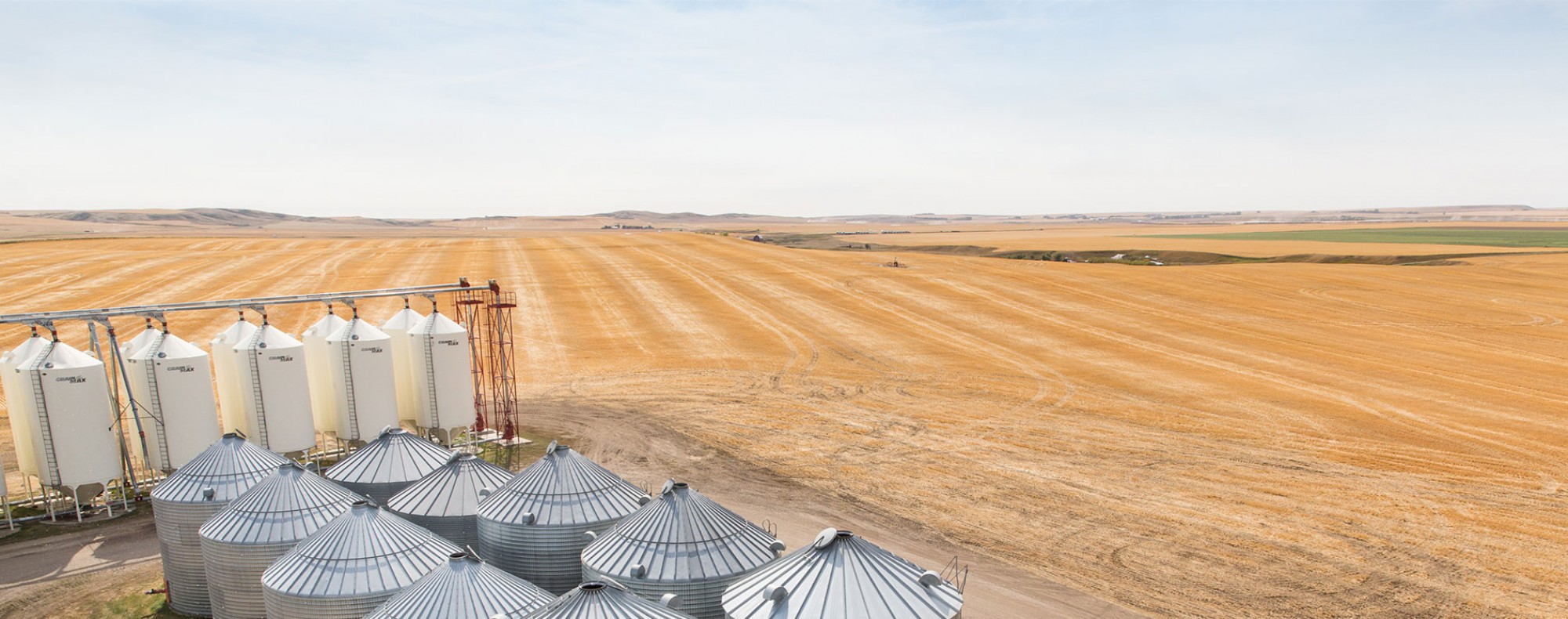The impact of seed treatments and foliar fungicides and their interaction with variety resistance and plant growth regulators on barley productivity and quality
This Barley Research Cluster project was funded by Alberta Barley in collaboration with the Atlantic Grains Council, the Brewing and Malting Barley Research Institute, Rahr Malting and the Western Grains Research Foundation via the AgriInnovation Program.
Project
lead: Dr. T. Kelly Turkington, Research Scientist
Agriculture and Agri-Food Canada
Start Date: April 2013
End Date: March 2018
Alberta
Barley’s contribution: $92,080
Total funding from other
partners: $493,644
Benefits
for barley farmers:
Plant
growth regulators (PGR) application might help to optimize yield and quality of
malting barley by mitigating the effects of lodging, especially in conjunction
with fungicide application. Limiting the amount of lodging might help to reduce
microbial load and toxin contamination of harvested grain.
Summary:
The project aims to 1) determine the impact of seed treatments, PGRs and
fungicide timing on crop health, disease levels, productivity and quality in
barley; 2) assess the interaction of disease resistance with seed treatments
and fungicides; and 3) assess the interactive effects of PGR application and
head-emergence fungicide application on malting barley quality, yield,
microbial load and mycotoxin level.
